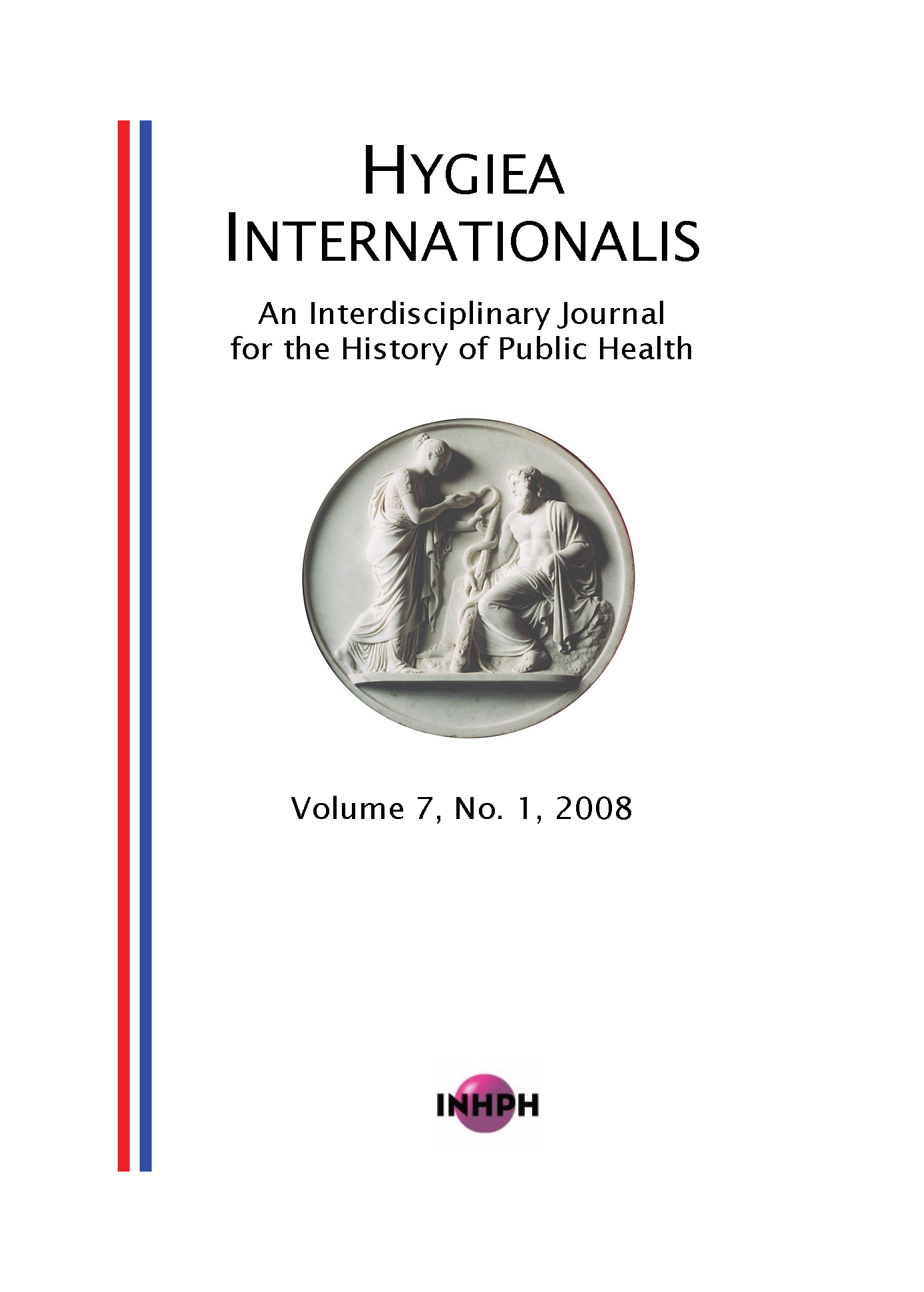Abstracted Empiricism in Social Epidemiology
DOI:
https://doi.org/10.3384/hygiea.1403-8668.08717Keywords:
Income, Inequality, Mortality, Spatial EffectsAbstract
A positive association between income inequality and mortality among U.S. states has been widely observed. However, the association is recent, having only become significant in the 1970s. Moreover, significance disappears when spatial effects are taken into account. Using available vital statistics and census data, this paper argues that in the U.S., where the prevailing epidemiological regime is characterized by chronic and endemic infectious diseases, mortality does not respond to current levels of income or income inequality but rather to long-standing social, economic, and political conditions, as well as to cultural patterns, that are better understood in their regional than state contexts.Downloads
Published
2008-11-03
How to Cite
Kunitz, S. J. (2008). Abstracted Empiricism in Social Epidemiology. Hygiea Internationalis: An Interdisciplinary Journal for the History of Public Health, 7(1), 7–25. https://doi.org/10.3384/hygiea.1403-8668.08717
Issue
Section
Articles
License
Copyright (c) 2008 the Author(s)

This work is licensed under a Creative Commons Attribution-NonCommercial 4.0 International License.






